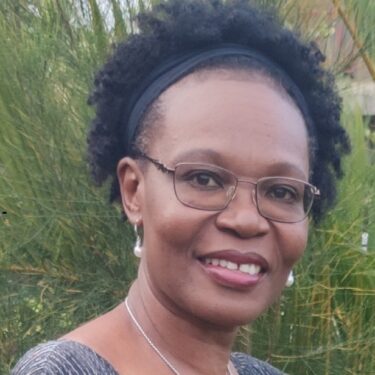
Project Update
PROJECT STATUS Completed
PROJECT DELIVERABLES
- Capacity support and training:
– Virtual interviews with NGE staff
- Technical support and product:
– Organizational review report
PROJECT RESULTS
- Improved capacity of the MCFDF to develop transparent and accountable gender-responsive administration, public financial and human resources management tools, policies, and systems.
LESSONS LEARNED
- Flexibility and proactive planning are essential to ensuring the project’s success, especially in environments where unexpected challenges may arise.
TOTAL PROJECT REACH
- 16 participants (directly) reached through activities conducted and project deliverables
- No data available for Canadian Public Engagement
PUBLIC ENGAGEMENT
- CE Eunide Louis contributed to the TAP-EDM showcase video by offering a short testimonial. Watch the video here.
Project Profile
The Haitian Ministry for the Status of Women and Women’s Rights (MCFDF) was created in 1994 to address the serious gender inequalities that persist in the country and to respond to the demands of the feminist movement. Haiti currently ranks 144th out of 189 countries on the UN Development Programme’s Gender Inequality Index (2019). Since its creation, the MCFDF has adopted a gender equality policy and action plan (2014), a national action plan on violence against women (2017) and a gender-based analysis guide, which has been made available to the country’s line ministries. These efforts have been supported by Haitian women’s rights organizations, the Government of Canada and a number of stakeholders in the international community.
Despite the significant strides that have been made in this regard, the MCFDF is underfunded (with a budget fluctuating between 0.01% and 0.05% of the national budget) when it comes to implementing its programs and policies. It must also contend with attitudes of resistance and reluctance within the government and parliament, where women are largely underrepresented. Moreover, Haitian women’s rights organizations regularly voice their frustrations with the ineffectiveness of the MCFDF and the overall lack of political will to carry out its mission. The MCFDF, women’s organizations and international partners all agree on the need to institutionalize the country’s commitment to gender equality and formally incorporate it into public policies, programs and projects, decision-making and funding processes, and consultation mechanisms.

